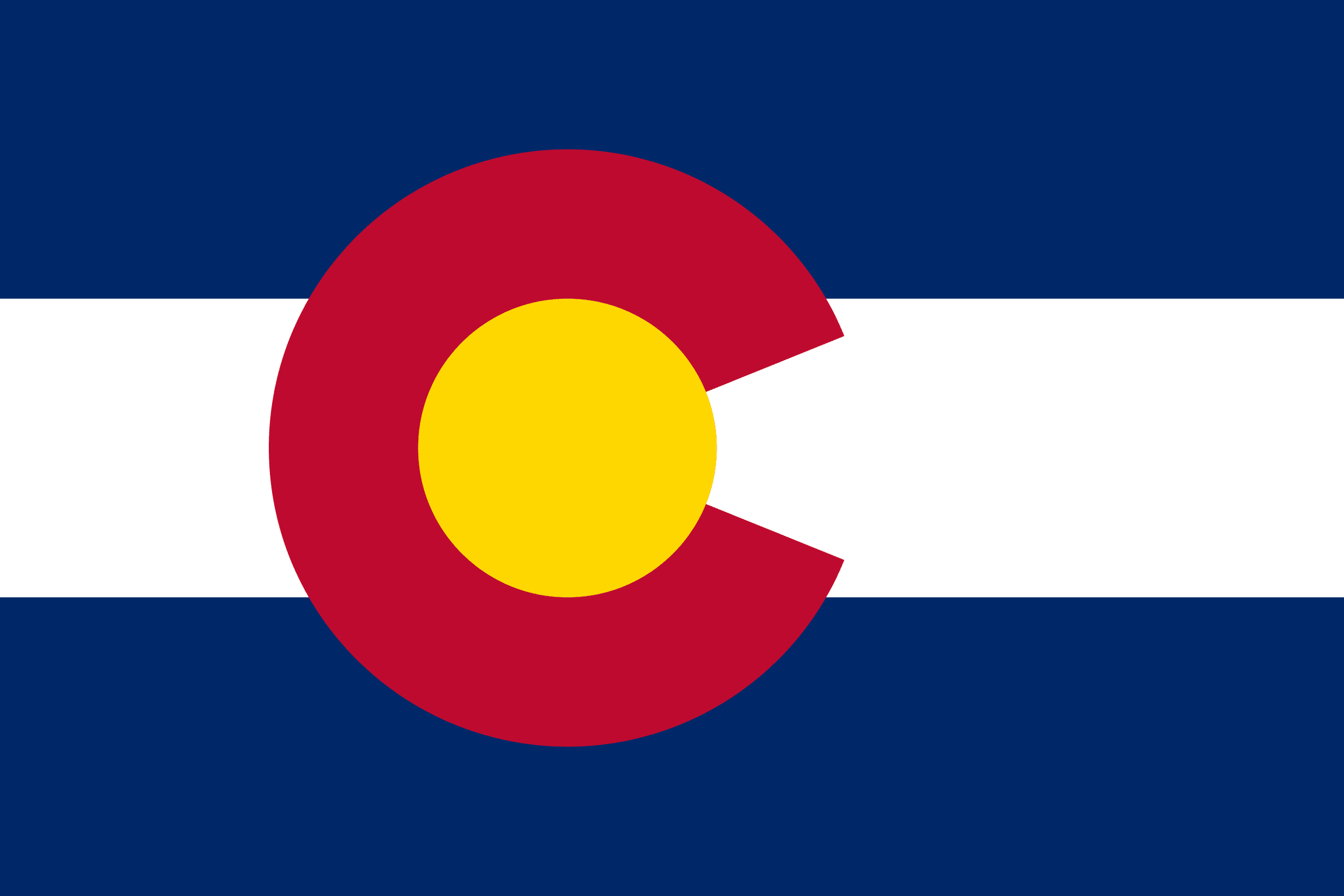Discovering the final resting place of loved ones or ancestors can be a meaningful and enlightening experience. In Colorado, a state rich in history and natural beauty, finding a grave can provide valuable insights into family history and local heritage. Whether you are a genealogy enthusiast or simply curious about the past, there are various methods and resources available to help you locate graves in Colorado.
Online Resources for Grave Location
One of the most efficient ways to search for graves in Colorado is through online databases and websites dedicated to cemetery records. Websites like Find A Grave and BillionGraves offer extensive collections of burial information, including grave locations, headstone photos, and biographical details. These platforms allow users to search for specific individuals or browse through cemetery listings to uncover valuable information about gravesites.
Local Historical Societies and Archives
For more in-depth research and assistance in locating graves, consider reaching out to local historical societies and archives in Colorado. These organizations often maintain records of cemeteries, burials, and historical figures in the region. By contacting them directly or visiting their facilities, you may gain access to valuable resources such as burial registers, cemetery maps, and historical documents that can aid in your search for graves.
Exploring Cemetery Records
Visiting cemeteries in person is another effective way to find graves in Colorado. Many cemeteries keep detailed records of burials, plot locations, and interment dates, which can be invaluable in locating specific graves. By contacting cemetery offices or caretakers, you can inquire about grave locations and obtain maps or directions to help you navigate the grounds.
Genealogical Research Techniques
Genealogy research can also be a powerful tool in uncovering grave locations in Colorado. By tracing your family tree and gathering information about ancestors, you may discover clues that lead you to burial sites. Utilize genealogical resources such as census records, birth and death certificates, obituaries, and family documents to piece together the puzzle of your family history and identify potential grave locations.
Visiting Burial Sites
Once you have located a grave in Colorado, visiting the burial site can be a deeply personal and reflective experience. Paying your respects, leaving flowers or tokens of remembrance, and taking a moment to honor the memory of the deceased can provide a sense of closure and connection. Remember to observe any cemetery rules or regulations, respect the privacy of other visitors, and handle grave sites with care and reverence.
Preserving and Documenting Graves
As you explore and discover graves in Colorado, consider the importance of preserving and documenting these historical sites for future generations. Take photographs, record inscriptions on headstones, and note any significant details about the graves you encounter. By documenting your findings and sharing them with others, you contribute to the preservation of local history and ensure that the memories of those who have passed are not forgotten.
Embracing the Legacy of Colorado’s Graves
In conclusion, the process of finding a grave in Colorado is a journey that can lead to profound discoveries and connections with the past. Whether you are conducting genealogical research, exploring local history, or paying tribute to loved ones, the act of locating graves is a meaningful and rewarding endeavor. By utilizing online resources, engaging with local archives, exploring cemeteries, and embracing genealogical research techniques, you can uncover the stories and legacies of those who came before us.
If you have feedback, questions, or ideas for future articles or Information Hubs, please contact us. Your insights help us create valuable content.


